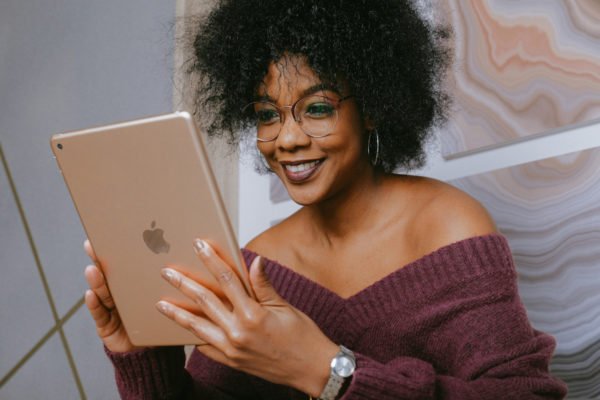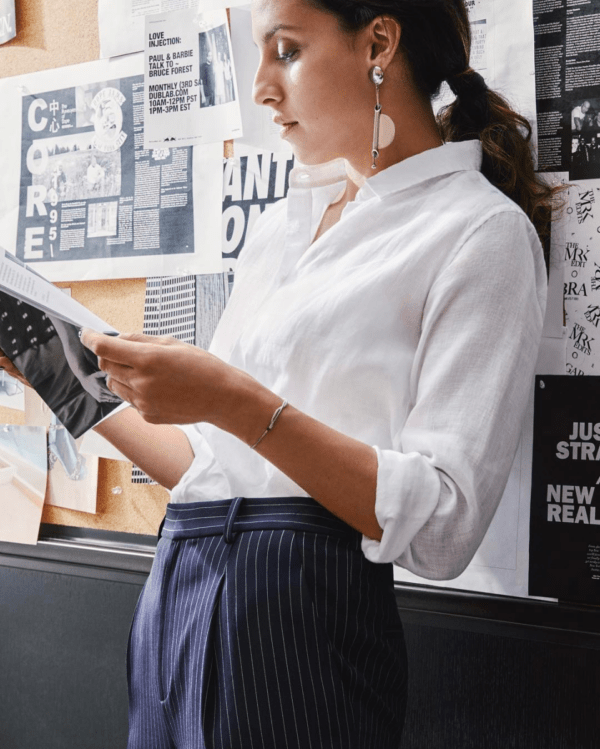
7 Questions You Can (and Should) Ask Before an Interview

You’re all set to accept an interview invitation. As you hit “Reply” and type in your thanks and confirmation, a million questions suddenly whoosh through your mind about what to ask before the interview.
You wonder if you should append any of those questions to your confirmation message, or if you should keep them to yourself and look up the answers later.
Luckily, it’s okay to do a little digging about what to expect come Interview Day.
In fact, if you ask most employers about the common mistakes interviewees make, they’ll put “inadequate research” and “winging it” somewhere in the top six. When an applicant shows genuine interest in the company before they’ve had face-to-face communication, they notice.
Of course, it’s also a matter of asking the right questions. Unless you’re going to ask about what specific questions to expect during the interview, employers will be more than happy to answer queries like:
1. Asking for More Specific Directions
It might sound like an embarrassing question to ask an employer before an interview, but it’s not. Some companies may not show up on Google Maps for a number of reasons. And even if they do, Maps won’t tell you things like where you can park in the building premises or whether the building is in a high-security area. If you show an employer that you’re serious about making it to the interview on time, they’ll probably think you’re serious about getting the job, too.
Sample Message: “Thank you for the invitation. I look forward to meeting the team on [insert interview date here]. May I know what floor your office is/where I can park/which building should I visit in X complex? I’d love to prepare for my visit in advance.”
2. Asking about the Dress Code
Some employers specify a dress code in their interview invitation, while others don’t. If your potential employer is the latter, don’t be afraid to clarify. Unless you’ve personally visited the company premises before, you may not know what employees wear on a daily basis. If you’re interviewing for a traditional business role with an elite firm, a suit would be the obvious choice. But if the company is more lax and signs point to a casual dress atmosphere, it may be appropriate to ask about what to expect in the interview.
Sample Message: “Thanks so much for scheduling me for an interview. It would be my pleasure to meet the rest of the team. Will it be okay for me to come in a suit, or does the company prefer a more casual style of dress? I would love to hear your thoughts so I can fit in appropriately.”
3. Asking about Additional Documents to Take
Aside from a handful of copies of your resume, your employer may ask for other things. For example, a creative job might require you to produce a portfolio. Even if you’re one of the 6 out of 250 applicants to snag the job interview, the lack of samples might put the job offer out of your reach.
Sample Message: “Thank you for considering my application. I’d love to know more about the position during the interview. Is there anything else I should bring other than my resume? I look forward to your reply.”
4. Asking about Who You’ll be Meeting
Sometimes, the person who sends you the interview invitation might not be the one who interviews you. If the invite doesn’t specify who you’re supposed to look for, it won’t hurt to ask them about it. After all, it’d be awkward if you unknowingly bumped into your interviewer in the hallway. Finding out who your interviewer will be will help you in your pre-interview research and in preparing your questions.
Sample Message: “Thanks so much for the invitation. I’m excited to meet the team on [insert interview date here]. I want to make sure I’m prepared and have enough copies of my resume on hand, could you please tell me with whom will I be meeting for the interview?”
5. Asking about the Interview Format
Another reason to know who’s interviewing you is that there could be more than one of them, as in a panel interview. It’s also possible that you’ll be interviewed alongside other applicants, or that you’ll have to perform a task on the spot to test your skills. You might even be interviewed by no less than a C-level executive! No matter the format, you’ll want to be prepared.
Sample Message: “Thank you for inviting me. I would love to know more about the position on [insert interview date here]. What interview format can I expect? I look forward to your reply, and to meeting everyone else on the team.”
6. Asking about the Duration of the Interview
On average, interviews last about 40 minutes, but depending on the employer, it can last much longer. It’s okay if you only get an estimate — for example, roughly 4 hours — instead of an exact number like 2 hours, 40 minutes and 16 seconds. You should know whether you should pack snacks and drinks — and if so, how much.
Sample Message: “Thanks so much for considering me for an interview. It would be a pleasure to meet everyone else on [insert interview date here]. For scheduling purposes, would you be able to tell me how long an interview like this usually takes? If I could get a rough estimate, it would really help me prepare for our meeting.”
7. Asking about Re‑Scheduling the Interview
Let’s face it: You can’t accept every interview invitation. If you happen to have other meetings scheduled at the same time, or you happen to be out of town on the interview day, you have every right to know whether rescheduling is an option.
Sample Message: “Thank you for considering me for the position of [insert position here]. Unfortunately, I will not be able to make it on [insert interview date here]. However, I am available on [insert two or three alternative dates here]. Will any of these dates work for you?”
Adequately preparing for an interview can work wonders for your confidence. Aside from knowing how to answer the quirkiest questions, knowing the little details beforehand can make a difference in how you carry yourself. That is why it is so important to ask these questions before the interview.














































